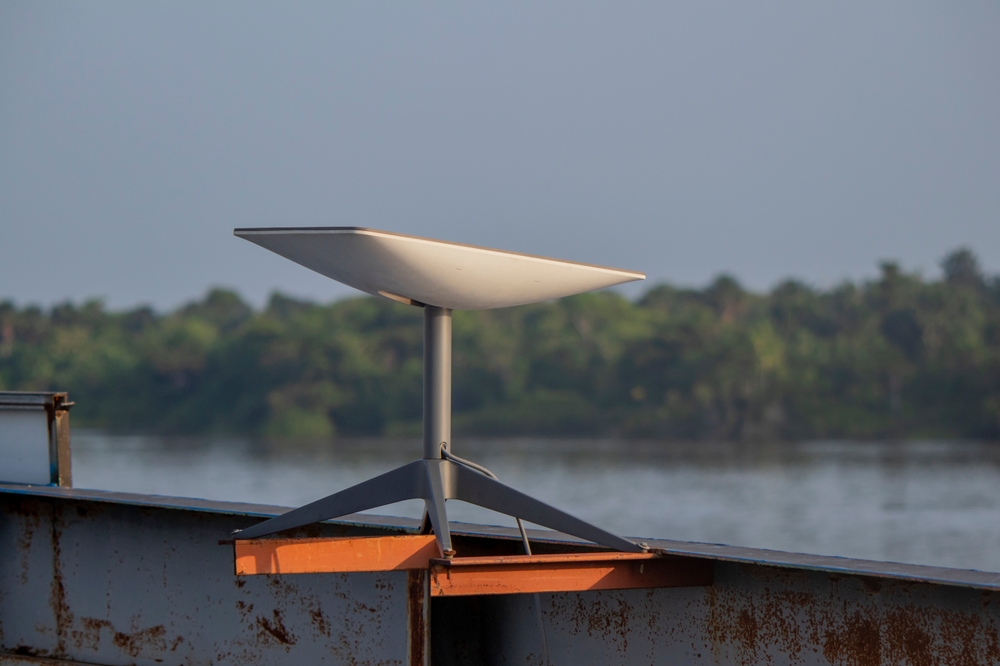Government shifts focus to building its own satellite system after initial consideration of Starlink for secure communications.
Others are reading now
Italy has announced plans to develop its own low-orbit satellite network for secure government communications.
The initiative aims to provide an alternative to existing systems, including Elon Musk’s Starlink, which the Italian government had initially considered for encrypted communications in high-risk areas.
Italy Moves Away from Starlink Partnership
As reported by HotNews.ro, the Italian government had previously explored the possibility of using Musk’s satellite network.
However, the idea faced significant political opposition, with critics questioning the wisdom of entrusting national security communications to a foreign entrepreneur closely tied to the U.S. government.
Also read
Industry Minister Adolfo Urso confirmed the government’s decision to develop an independent system, stating, “We are working on creating a national low-orbit satellite network with the involvement of key domestic players.” While Urso did not specify which companies would participate, he confirmed that the Italian Space Agency will conduct a feasibility study.
A Strategic Shift in Space Communications
Elon Musk, who has shown increasing far-right political tendencies, had expressed willingness to collaborate with Italy, and reports suggested the country was considering a five-year contract with Starlink worth €1.5 billion.
However, Defense Minister Guido Crosetto later denied that any agreement had been finalized.
Starlink, a division of SpaceX, currently operates around 6,700 satellites in low Earth orbit, providing global internet coverage.
While its technology is widely used for secure communications, particularly in conflict zones, Italy’s move reflects a broader European trend toward technological self-sufficiency in critical infrastructure.
With no clear timeline announced, Italy’s decision to pursue its own satellite network signals a long-term investment in national security and technological independence.
The feasibility study will likely determine whether Italy can compete with established satellite operators or if collaboration with private space companies remains necessary.








